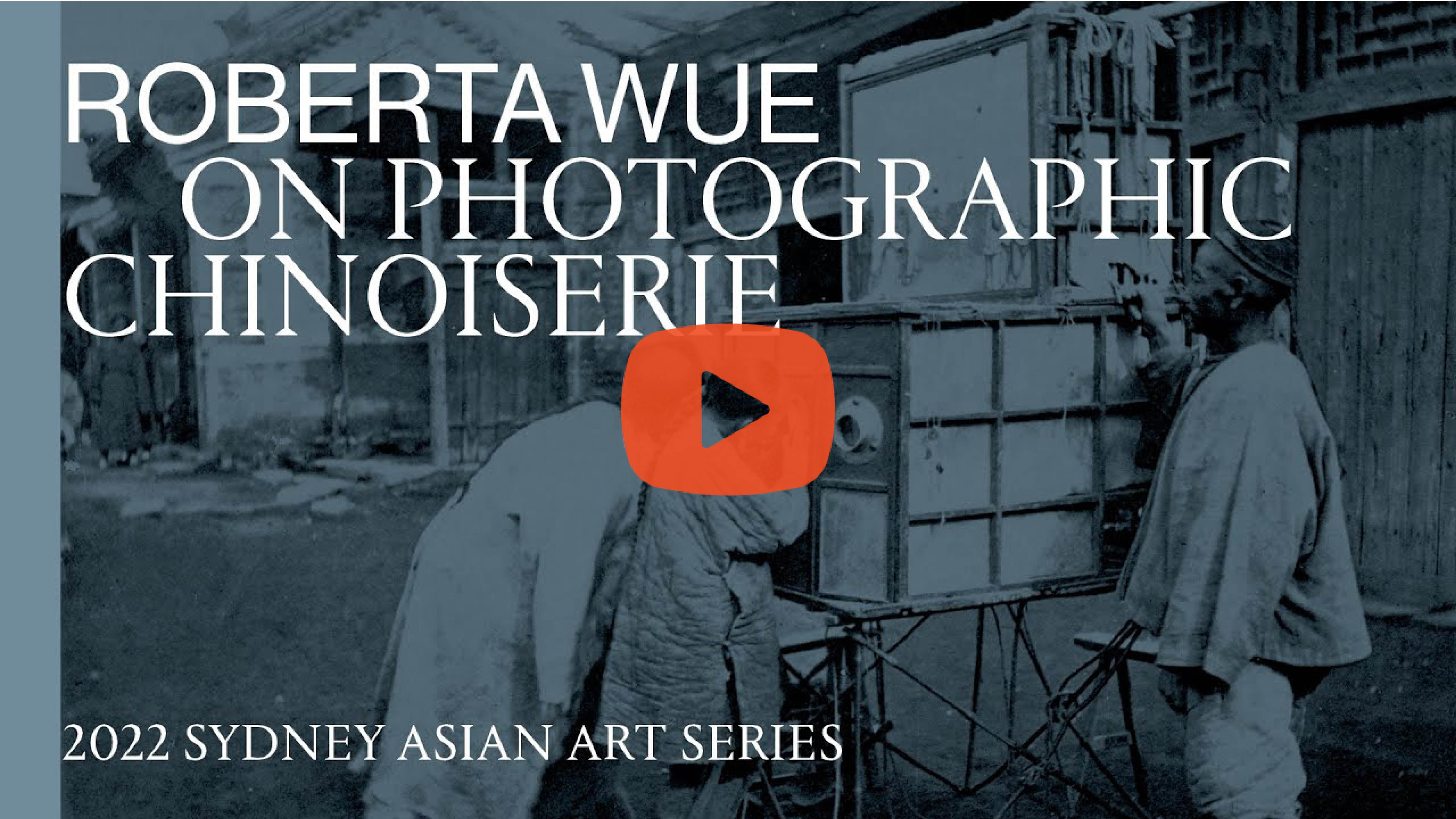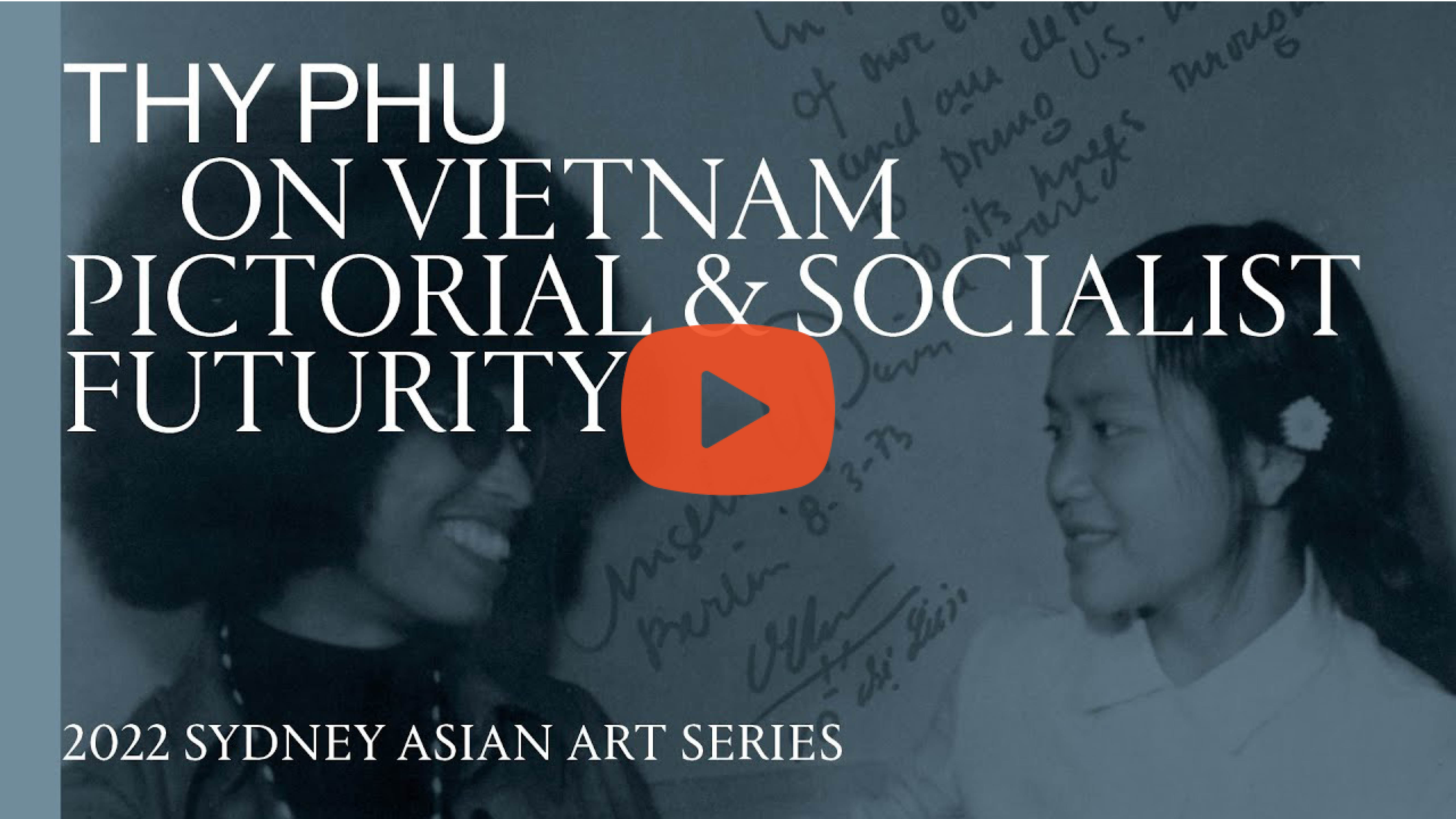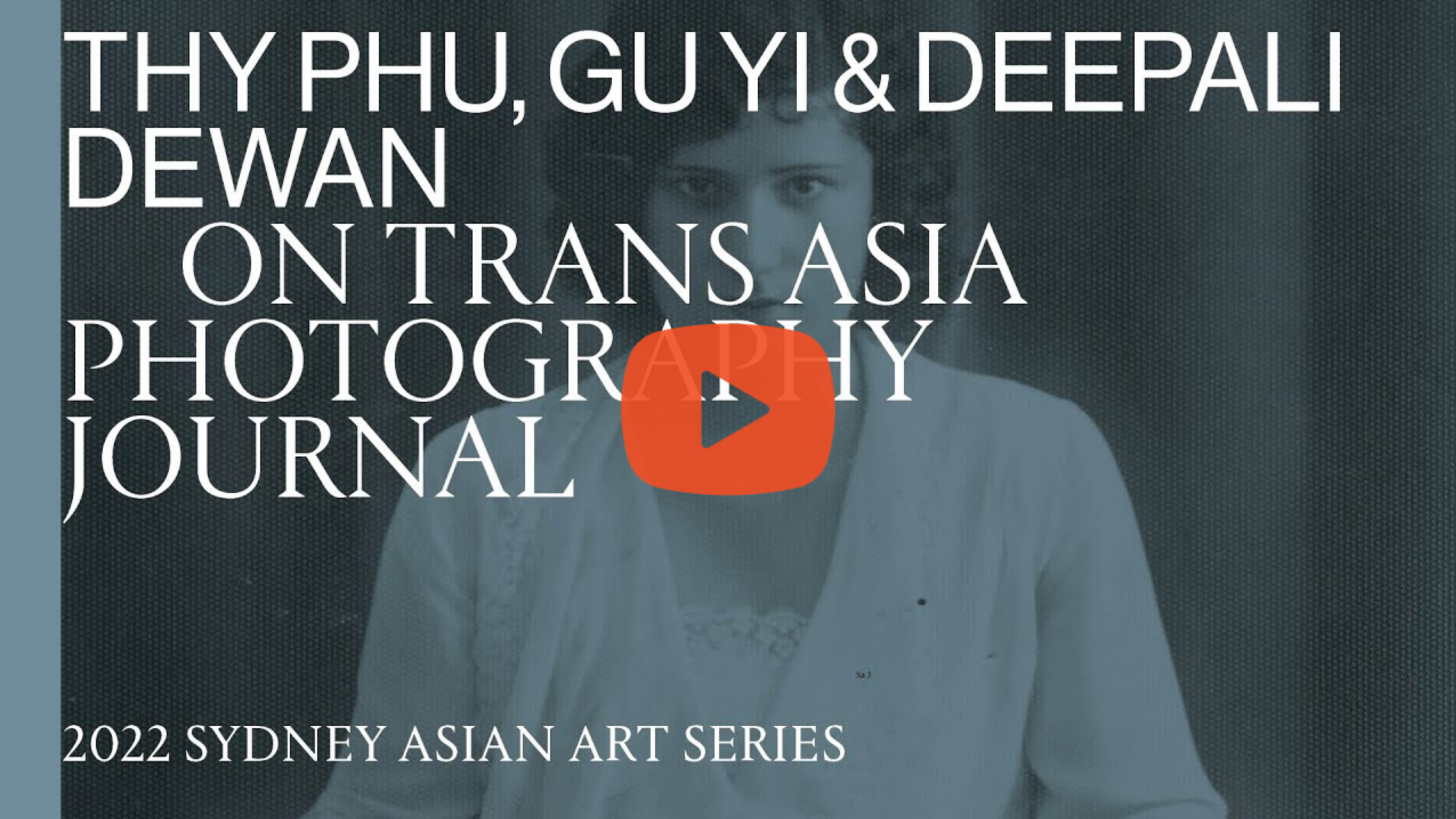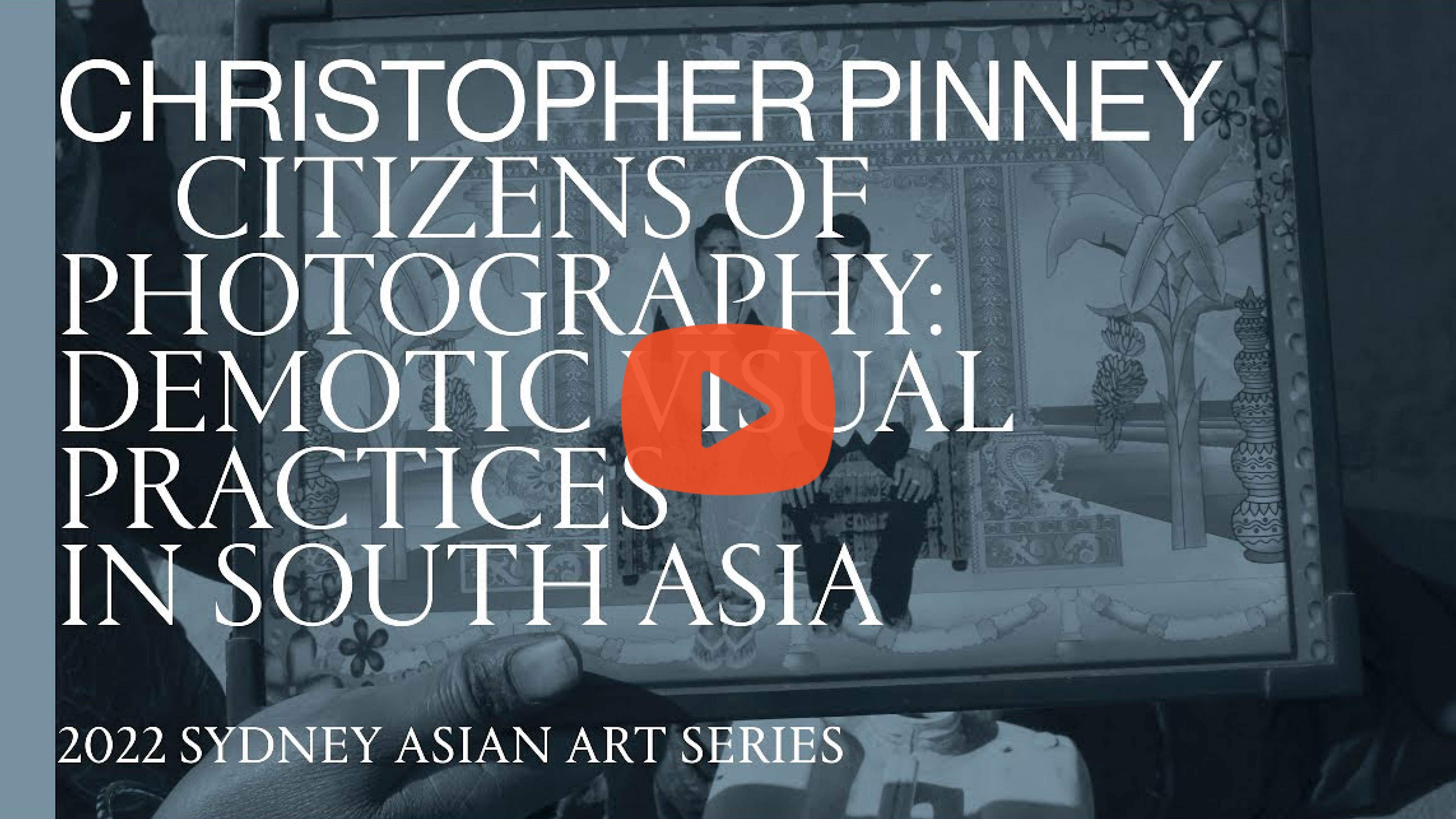Sydney Asian Art Series 2022
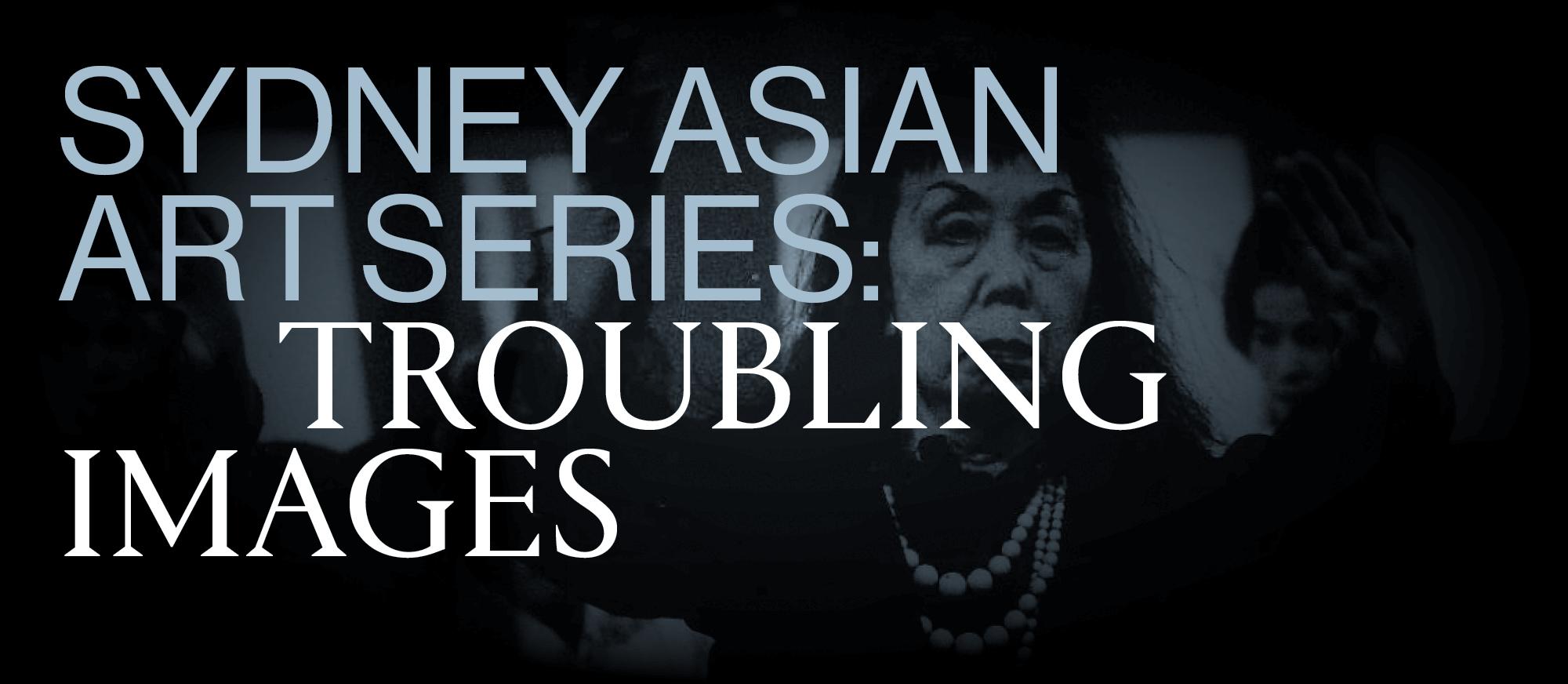
Each year, the Sydney Asian Art Series gathers leading international voices on critical issues in early, modern and contemporary Asian art.
In 2022, the Sydney Asian Art Series introduces its audience to a spectrum of innovative new research on the experience of photography in Asian art.
Convened by Olivier Krischer, and co-presented by the Power Institute, the China Studies Centre, and VisAsia at the Art Gallery of NSW.
In 2022, the Sydney Asian Art Series introduces its audience to a spectrum of innovative new research on the experience of photography in Asian art.
Given the ubiquity of photographic images, the history of photography – from its nineteenth century origins through to its emergence as one of the defining media of the twentieth century – seems familiar and somehow universal. Yet recent scholarship has been rethinking this familiar history, interrogating photography’s central role in shaping the Asian region, and at the same time revealing how Asian photo histories contribute to a richer understanding of photography and the role of ‘mechanical images’ today.
Photography’s nature as both a technology and a medium has made it a tool of domination, on the one hand, yet a fertile site for artistic experimentation and research. As a technology, it is central to extractive colonial practices of ‘taking’ images to ‘collect’ and define other peoples and cultures. Yet, a growing body of work attends to local histories of the medium, recuperating and reevaluating other photographic practices and archives. This innovative new work on war images, vernacular and found photography, family photos, and commercial studio practices, highlights the affective and political agency of such images, their makers and subjects, and the counter narratives of photography that they signal.
The photographic image emerges as a potent site which, across Asia as elsewhere, continues to be the first and last space in which to contend social and political transformations, enacting or bearing witness to a range of agency. In the movement from analogue to digital culture, researchers have also been drawn to the materiality of photographic images, their economies and their related infrastructure. This complexity has attracted researchers coming from visual anthropology, media and cultural studies, in addition to art history, who work with rather than against the plastic, ‘aqueous’, even animistic nature of the technological image as an ‘event’ that continues to unfold, rather than a fixed moment in time. As such, this theme speaks to broader calls for a transdisciplinary, more porous or capacious art history.
Series convened by Olivier Krischer, and co-presented by the Power Institute and VisAsia at the Art Gallery of NSW.
Events
Past
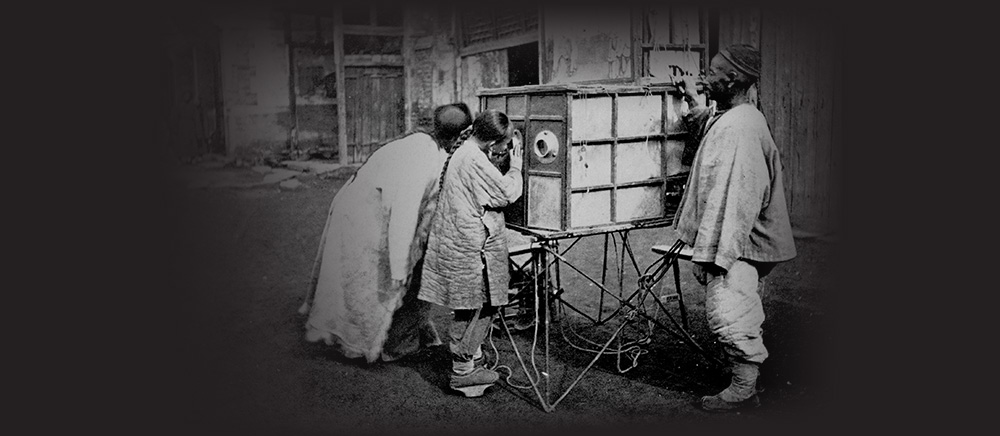
Photographic Chinoiserie: John Thomson and the Chinese Export Image
Can China and the Chinese be encapsulated in an image?
People
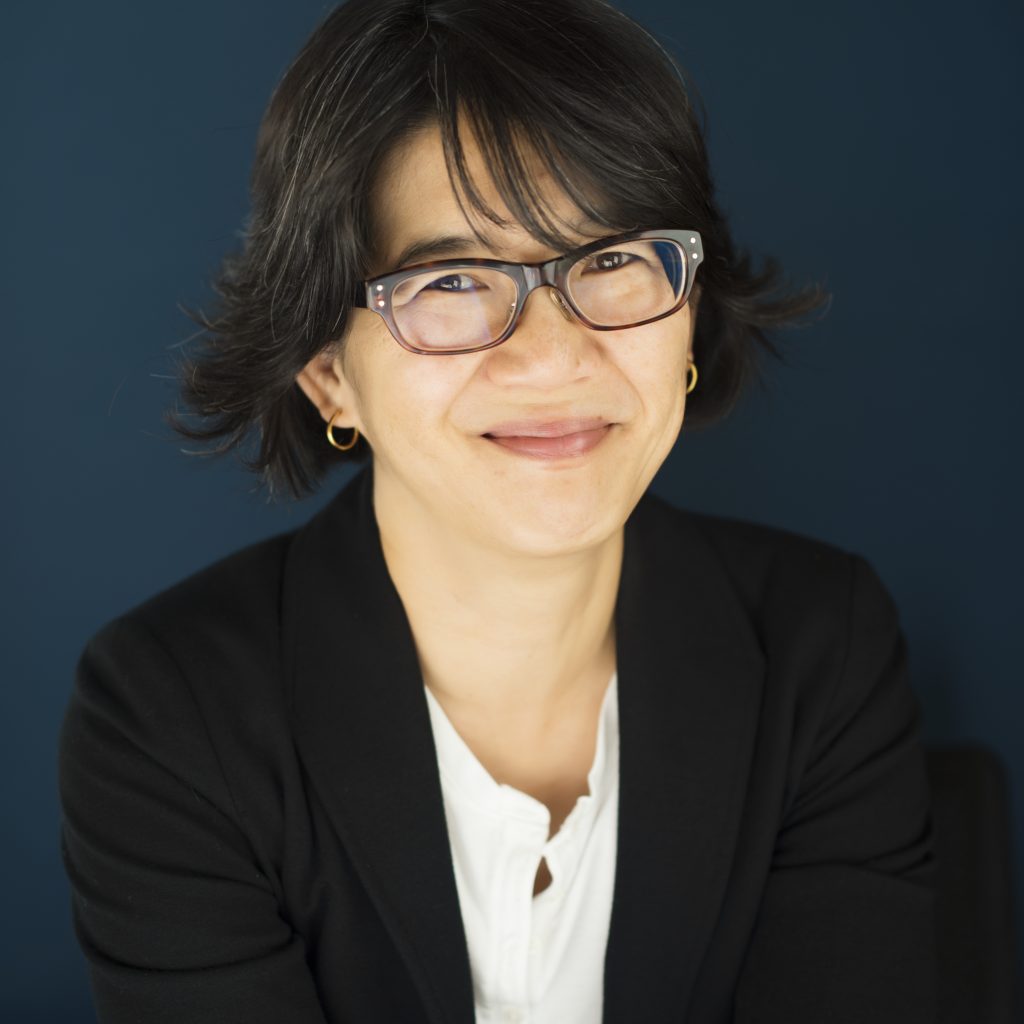
Roberta Wue
Roberta Wue is associate professor of Art History at the University of California, Irvine. She has published on painting, photography, print culture, and advertising in modern China. She is author of Art Worlds: Artists, Images, and Audiences in Late Nineteenth-Century Shanghai (Hong Kong University Press, 2014) and co-editor with Luke Gartlan of Portraiture and Early Studio Photography in China and Japan (Ashgate/Routledge, 2017). Most recently she is interested in serial images (such as comics), drawing, and the book format in Republican-era China.

Workshop: China Through Two Photographic Books
A workshop designed for scholars, students and curators of Asian art and photography.
This workshop will examine two photographically illustrated books on China: John Thomson’s Illustrations of China and Its People (1873-74), and Lang Jingshan’s (or Long Chin-san) catalogue, Exhibition of Pictorial Photography (1939). Though both books are apart in time and purpose, they are similar in using photography and text to depict China as a culture and concept at different geopolitical moments.
People

Roberta Wue
Roberta Wue is associate professor of Art History at the University of California, Irvine. She has published on painting, photography, print culture, and advertising in modern China. She is author of Art Worlds: Artists, Images, and Audiences in Late Nineteenth-Century Shanghai (Hong Kong University Press, 2014) and co-editor with Luke Gartlan of Portraiture and Early Studio Photography in China and Japan (Ashgate/Routledge, 2017). Most recently she is interested in serial images (such as comics), drawing, and the book format in Republican-era China.
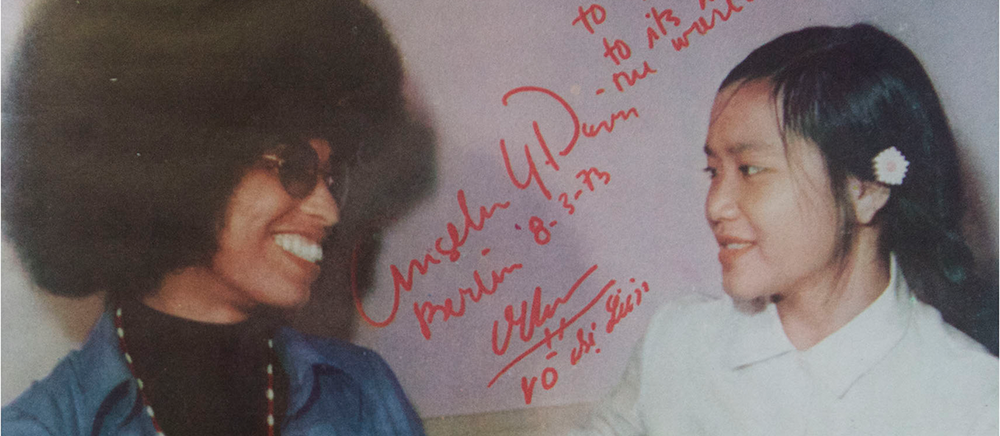
Warring Images: Vietnam Pictorial and the Colours of Socialist Futurity
This presentation explores the construction of socialist ways of seeing in Vietnam, focusing on the communist illustrated magazine, Vietnam Pictorial, which deployed color images as a means to project visions of socialist futurity, conjuring forth revolutionary renovations at a moment when victory had yet to be assured.
People
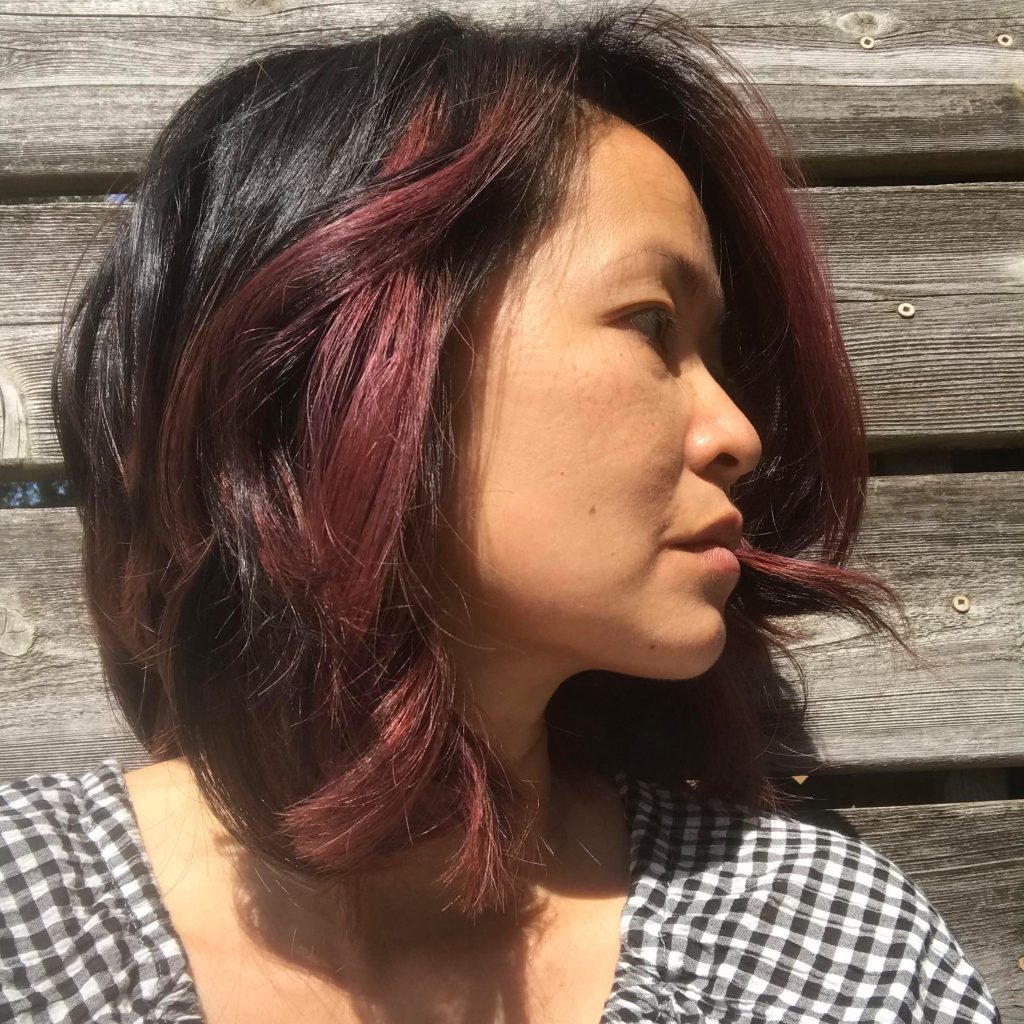
Thy Phu
Thy Phu is a Distinguished Professor of Race, Diaspora and Visual Justice at the University of Toronto. She is the author of Picturing Model Citizens: Civility in Asian American Visual Culture and Warring Visions: Photography and Vietnam. She has also co-edited Feeling Photography, Refugee States: Critical Refugee Studies in Canada, and the forthcoming, Cold War Camera. Currently, she serves as co-editor of the open-access peer-reviewed journal, Trans Asia Photography.

Trans Asia Photography: A Roundtable with Editors Thy Phu, Gu Yi and Deepali Dewan
A conversation with the editorial team behind the journal Trans Asia Photography.
People

Thy Phu
Thy Phu is a Distinguished Professor of Race, Diaspora and Visual Justice at the University of Toronto. She is the author of Picturing Model Citizens: Civility in Asian American Visual Culture and Warring Visions: Photography and Vietnam. She has also co-edited Feeling Photography, Refugee States: Critical Refugee Studies in Canada, and the forthcoming, Cold War Camera. Currently, she serves as co-editor of the open-access peer-reviewed journal, Trans Asia Photography.
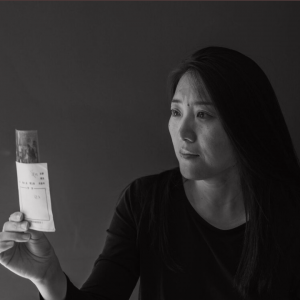
Yi Gu
Yi Gu is an associate professor of Chinese modern and contemporary art and visual culture at University of Toronto. Her research interests include cold war visual culture and post-socialist art, comparative media studies, Chinese photography history and contemporary photography in Asia, politics of aesthetics, and visual methodologies across disciplines. She is the author of Chinese Ways of Seeing and Open-Air Painting (Harvard University Press Asia Center, 2020). Her articles have appeared in The Art Bulletin, Ars Orientalis, and Representations. She is a convening member of the research project “Recalibrating Postwar Chinese Art: Digital Humanities and Alternative Archives.”
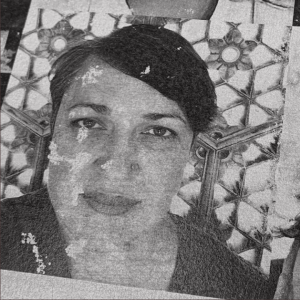
Deepali Dewan
Deepali Dewan is the Dan Mishra Curator of South Asian Art & Culture at the Royal Ontario Museum, Toronto. She is also an Associate Professor in the Department of Art at the University of Toronto. Her main research interest focuses on the history of photography in India and the South Asian diaspora with a view toward understanding how photography has shaped contemporary ways of viewing and being in the world. She is the author of Raja Deen Dayal: Artist-Photographer in 19th-Century India (2013, co-authored with Deborah Hutton), Embellished Reality: Indian Painted Photographs (2012), and the editor of Bollywood Cinema Showcards: Indian Film Art from the 1950s to the 1980s (2011). All three were accompanied by exhibitions. Her essays have also been published in Photography and Culture, Trans Asian Photography Review, and Marg.
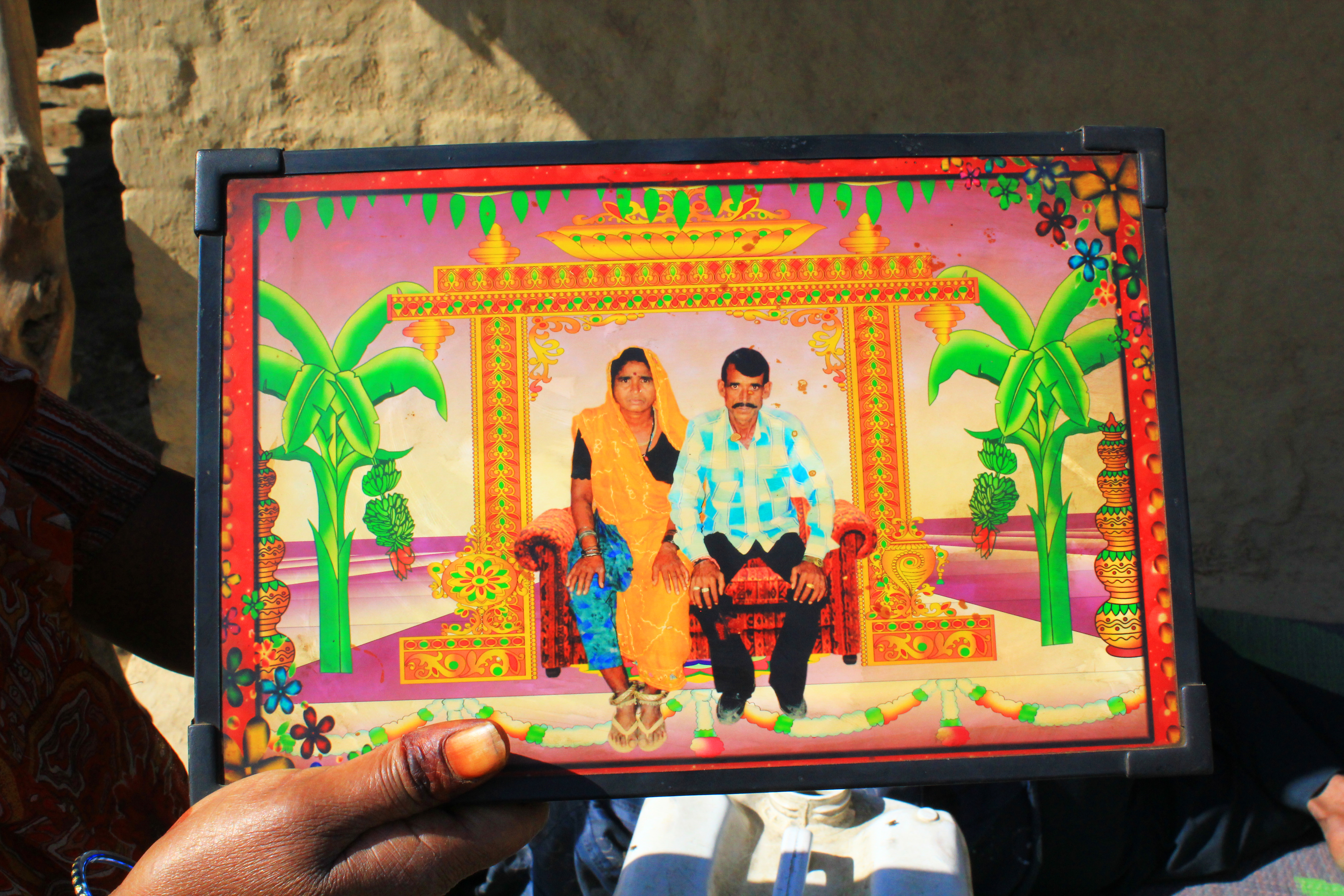
Citizens of Photography: Demotic Visual Practices in South Asia
This presentation reports on recent ethnographic field research in India, Nepal and Bangladesh.
People
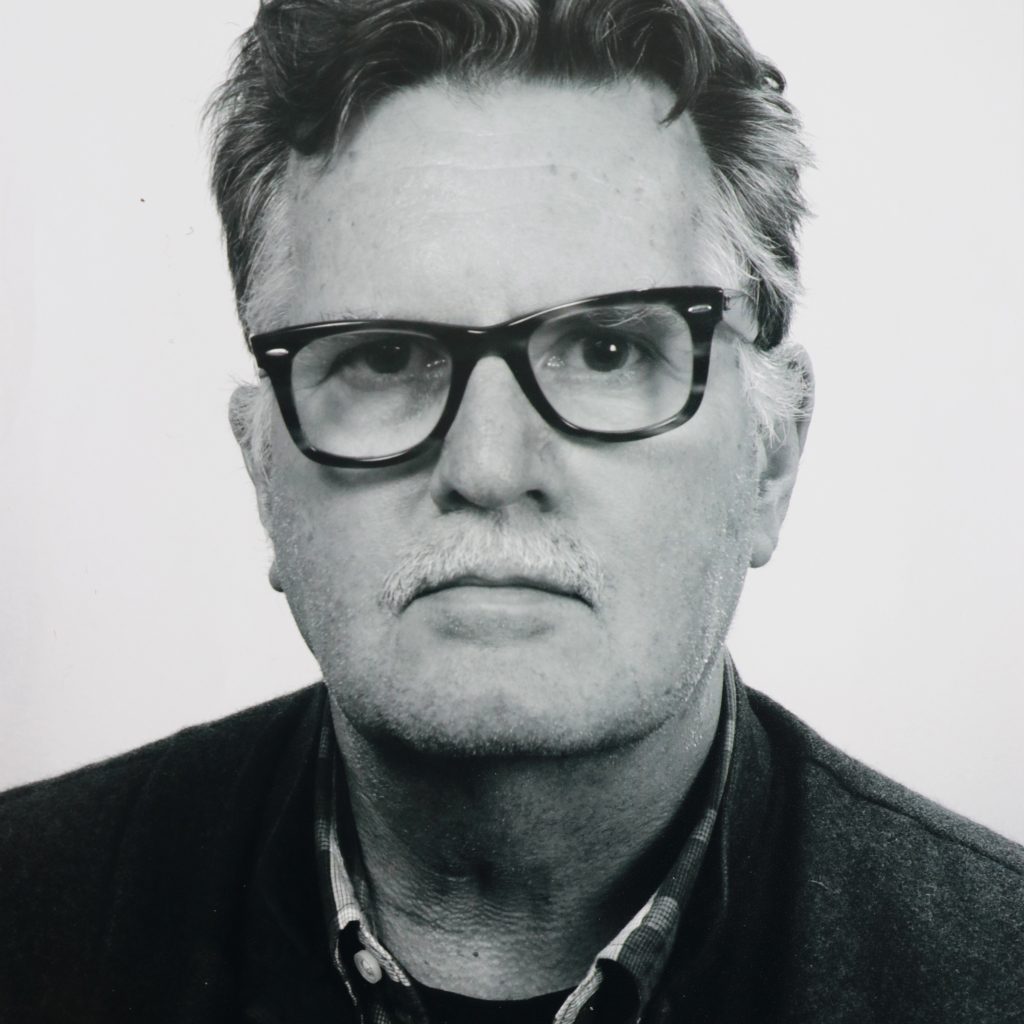
Christopher Pinney
Christopher Pinney is Professor of Anthropology and Visual Culture at University College London. Pinney’s research has a strong geographic focus in central India: initial ethnographic research was concerned with village-resident factory workers. Subsequently he researched popular photographic practices and the consumption of Hindu chromolithographs in the same area. His publications combine contemporary ethnography with the historical archaeology of particular media, including his seminal books Camera Indica: The Social Life of Indian Photographs (1998) and Photos of the Gods: The Printed Image and Political Struggle in India (2004). His publications include Photography’s Other Histories (2003, edited with Nicolas Peterson), The Coming of Photography in India (2008), Photography and Anthropology (2011) and the Camera Artisan: Studio Photography from Central India (2013, with Suresh Punjabi). Most recently, he has been leading a collaborative project funded by the European Research Council, titled “Citizens of the Camera: Photography and the Political Imagination”.

Photo Demos: A Seminar with Christopher Pinney
This seminar will build on Christopher’s September 29 lecture, “Citizens of Photography: Demotic Visual Practices in South Asia”, to consider his broader Photo Demos project, and the associated pamphlet series.
People

Christopher Pinney
Christopher Pinney is Professor of Anthropology and Visual Culture at University College London. Pinney’s research has a strong geographic focus in central India: initial ethnographic research was concerned with village-resident factory workers. Subsequently he researched popular photographic practices and the consumption of Hindu chromolithographs in the same area. His publications combine contemporary ethnography with the historical archaeology of particular media, including his seminal books Camera Indica: The Social Life of Indian Photographs (1998) and Photos of the Gods: The Printed Image and Political Struggle in India (2004). His publications include Photography’s Other Histories (2003, edited with Nicolas Peterson), The Coming of Photography in India (2008), Photography and Anthropology (2011) and the Camera Artisan: Studio Photography from Central India (2013, with Suresh Punjabi). Most recently, he has been leading a collaborative project funded by the European Research Council, titled “Citizens of the Camera: Photography and the Political Imagination”.
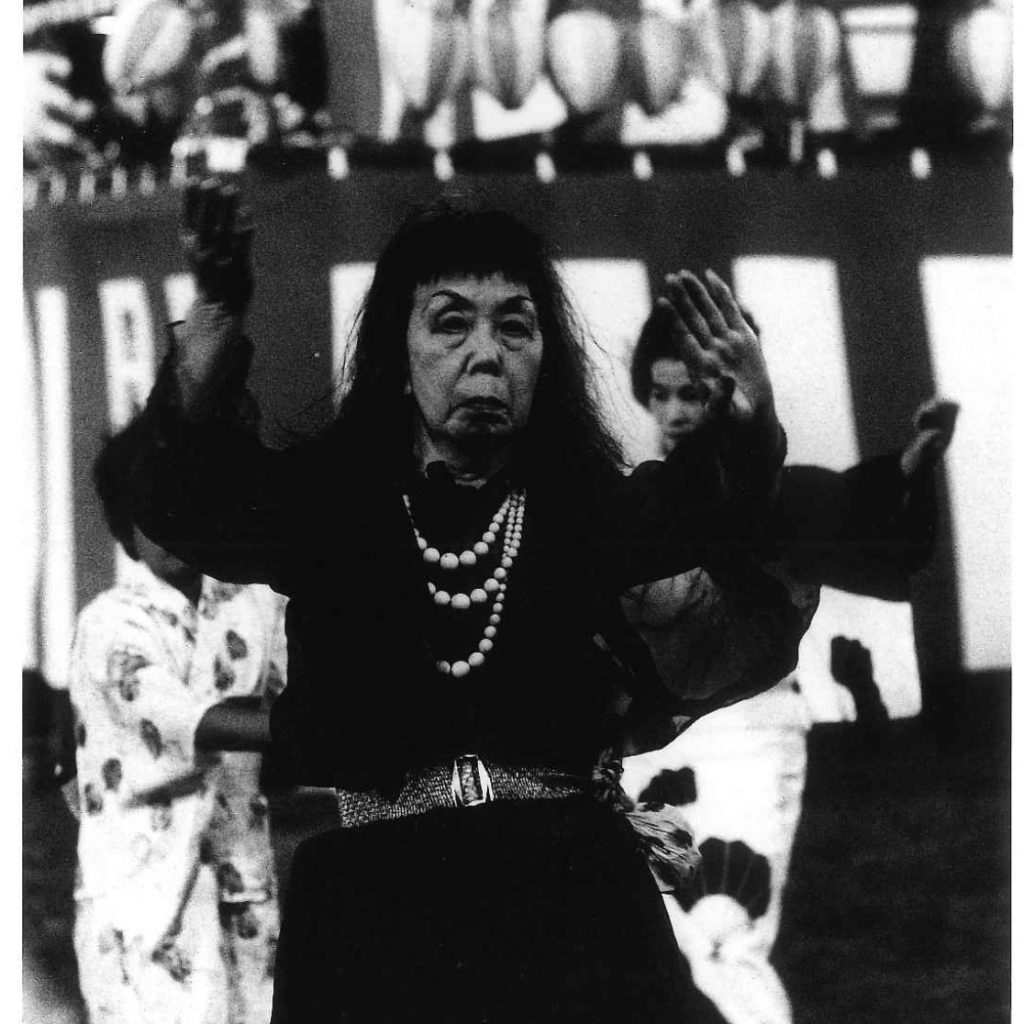
Realism and Media: Reconsidering Japanese Women Photographers
A lecture on Japanese photographer Tokiwa Toyoko, and the implications of their work for our understanding of photography and gender in 1950s-60s Japan.
People
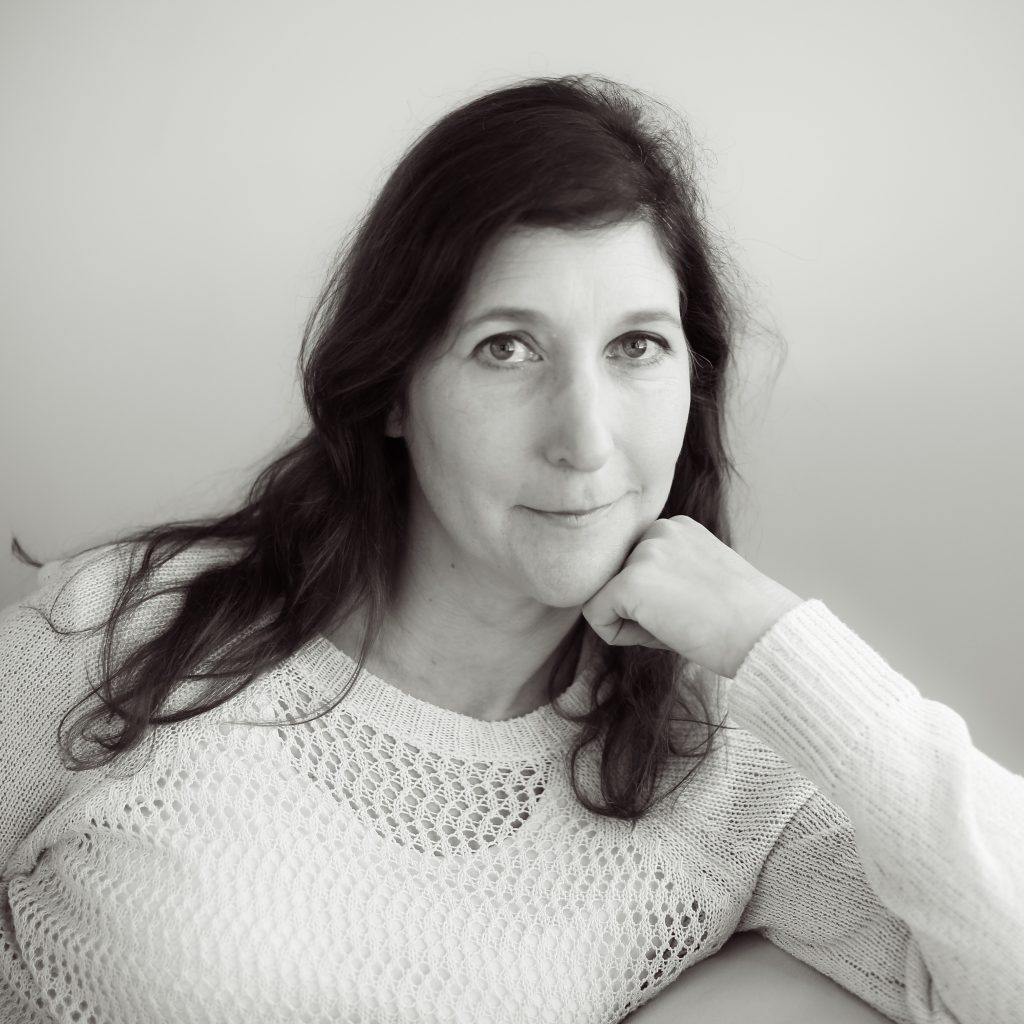
Miryam Sas
Miryam Sas is Professor of Comparative Literature and Film & Media at the University of California, Berkeley (USA). She began as a scholar of the experimental arts of the early twentieth century with a focus on modernist poetics and literary theory in Japan and France, reflected in her first book, Fault Lines: Cultural Memory and Japanese Surrealism (Stanford University Press, released in 2001). She has a strong interest in the cultural wave of the 1960s-1970s which she has explored through studies of theater, film, animation, dance, and intermedia art, for example in Experimental Arts in Postwar Japan: Moments of Encounter, Engagement, and Imagined Return (Harvard University Asia Center Publications, 2010). Her new book on media theory and intermedia art in Japan, Feeling Media: Potentiality and the Afterlife of Art, for which she was awarded a UC President’s Research Fellowship in the Humanities, is forthcoming from Duke University Press.
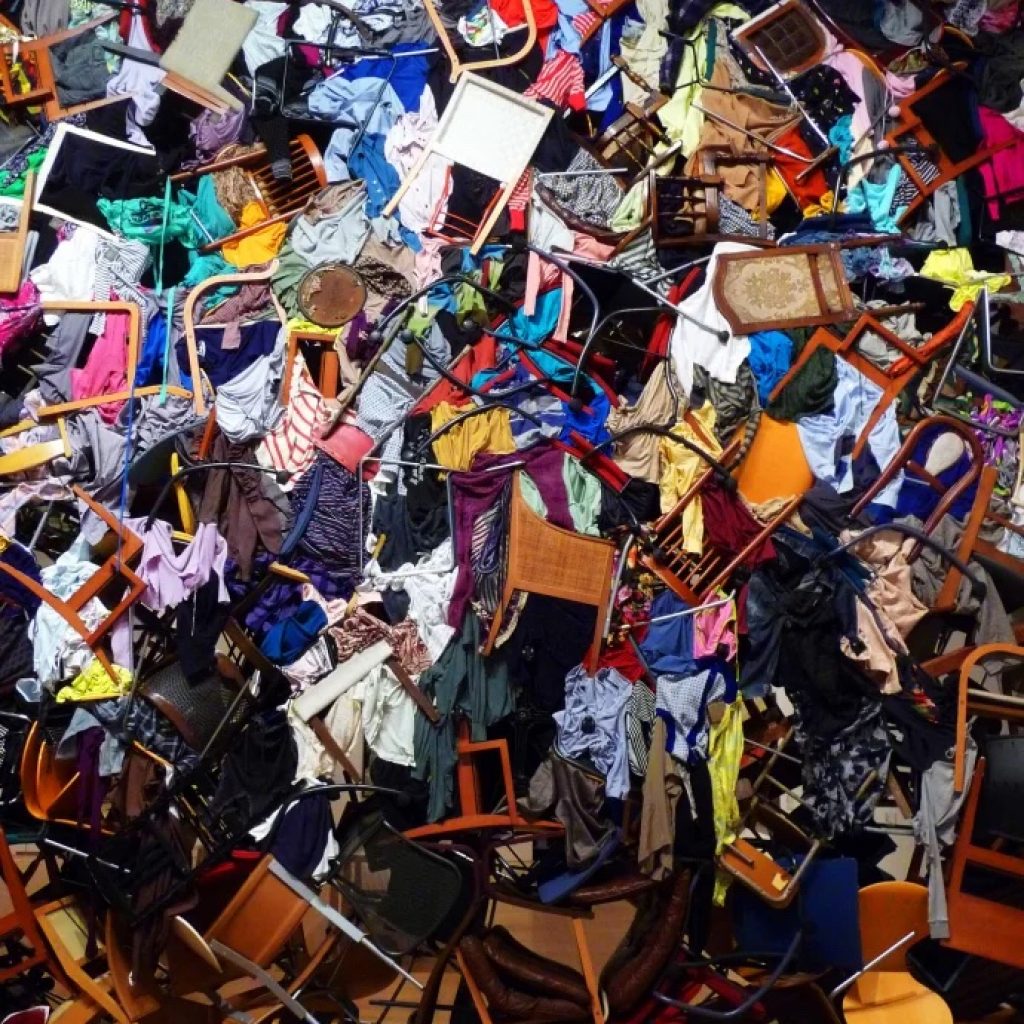
Feeling Media: A Seminar with Miryam Sas
In this seminar Miryam will introduce attendees to her new book, Feeling Media: Potentiality and the Aftermath of Art.
People

Miryam Sas
Miryam Sas is Professor of Comparative Literature and Film & Media at the University of California, Berkeley (USA). She began as a scholar of the experimental arts of the early twentieth century with a focus on modernist poetics and literary theory in Japan and France, reflected in her first book, Fault Lines: Cultural Memory and Japanese Surrealism (Stanford University Press, released in 2001). She has a strong interest in the cultural wave of the 1960s-1970s which she has explored through studies of theater, film, animation, dance, and intermedia art, for example in Experimental Arts in Postwar Japan: Moments of Encounter, Engagement, and Imagined Return (Harvard University Asia Center Publications, 2010). Her new book on media theory and intermedia art in Japan, Feeling Media: Potentiality and the Afterlife of Art, for which she was awarded a UC President’s Research Fellowship in the Humanities, is forthcoming from Duke University Press.
People

Roberta Wue
Roberta Wue is associate professor of Art History at the University of California, Irvine. She has published on painting, photography, print culture, and advertising in modern China. She is author of Art Worlds: Artists, Images, and Audiences in Late Nineteenth-Century Shanghai (Hong Kong University Press, 2014) and co-editor with Luke Gartlan of Portraiture and Early Studio Photography in China and Japan (Ashgate/Routledge, 2017). Most recently she is interested in serial images (such as comics), drawing, and the book format in Republican-era China.

Miryam Sas
Miryam Sas is Professor of Comparative Literature and Film & Media at the University of California, Berkeley (USA). She began as a scholar of the experimental arts of the early twentieth century with a focus on modernist poetics and literary theory in Japan and France, reflected in her first book, Fault Lines: Cultural Memory and Japanese Surrealism (Stanford University Press, released in 2001). She has a strong interest in the cultural wave of the 1960s-1970s which she has explored through studies of theater, film, animation, dance, and intermedia art, for example in Experimental Arts in Postwar Japan: Moments of Encounter, Engagement, and Imagined Return (Harvard University Asia Center Publications, 2010). Her new book on media theory and intermedia art in Japan, Feeling Media: Potentiality and the Afterlife of Art, for which she was awarded a UC President’s Research Fellowship in the Humanities, is forthcoming from Duke University Press.

Thy Phu
Thy Phu is a Distinguished Professor of Race, Diaspora and Visual Justice at the University of Toronto. She is the author of Picturing Model Citizens: Civility in Asian American Visual Culture and Warring Visions: Photography and Vietnam. She has also co-edited Feeling Photography, Refugee States: Critical Refugee Studies in Canada, and the forthcoming, Cold War Camera. Currently, she serves as co-editor of the open-access peer-reviewed journal, Trans Asia Photography.

Christopher Pinney
Christopher Pinney is Professor of Anthropology and Visual Culture at University College London. Pinney’s research has a strong geographic focus in central India: initial ethnographic research was concerned with village-resident factory workers. Subsequently he researched popular photographic practices and the consumption of Hindu chromolithographs in the same area. His publications combine contemporary ethnography with the historical archaeology of particular media, including his seminal books Camera Indica: The Social Life of Indian Photographs (1998) and Photos of the Gods: The Printed Image and Political Struggle in India (2004). His publications include Photography’s Other Histories (2003, edited with Nicolas Peterson), The Coming of Photography in India (2008), Photography and Anthropology (2011) and the Camera Artisan: Studio Photography from Central India (2013, with Suresh Punjabi). Most recently, he has been leading a collaborative project funded by the European Research Council, titled “Citizens of the Camera: Photography and the Political Imagination”.

